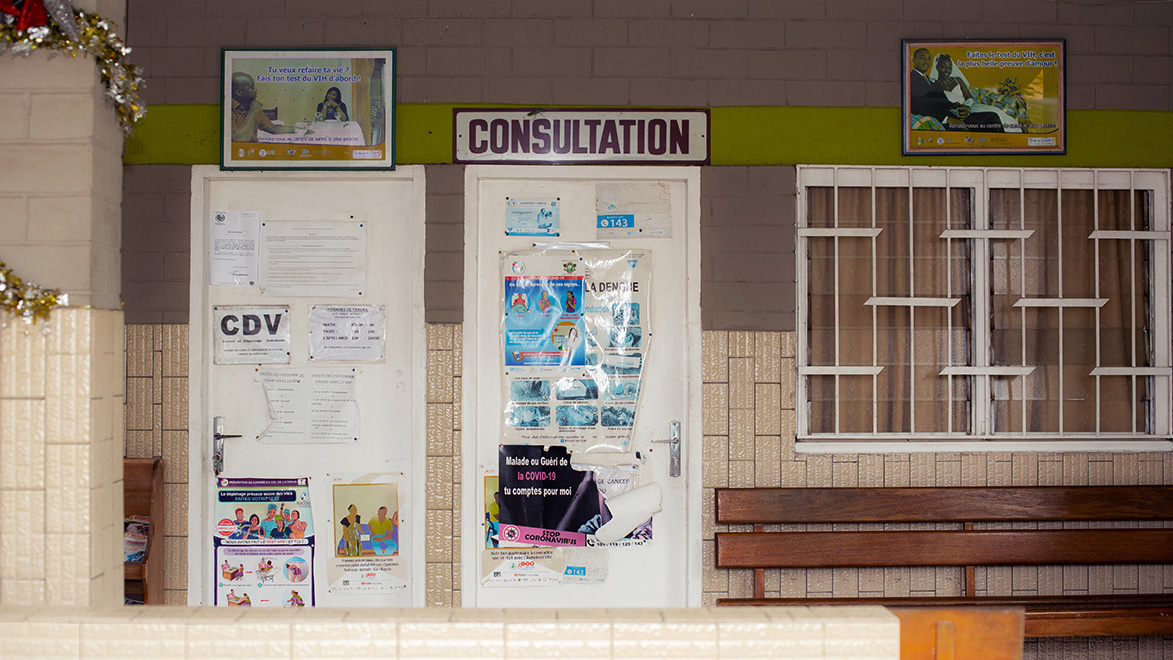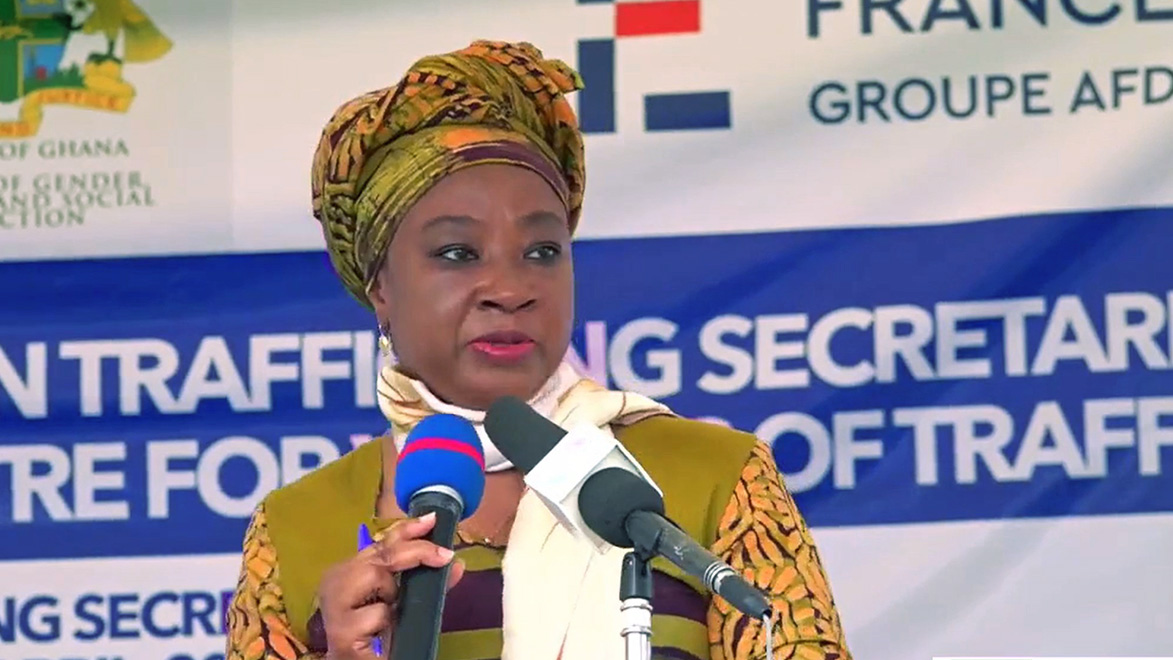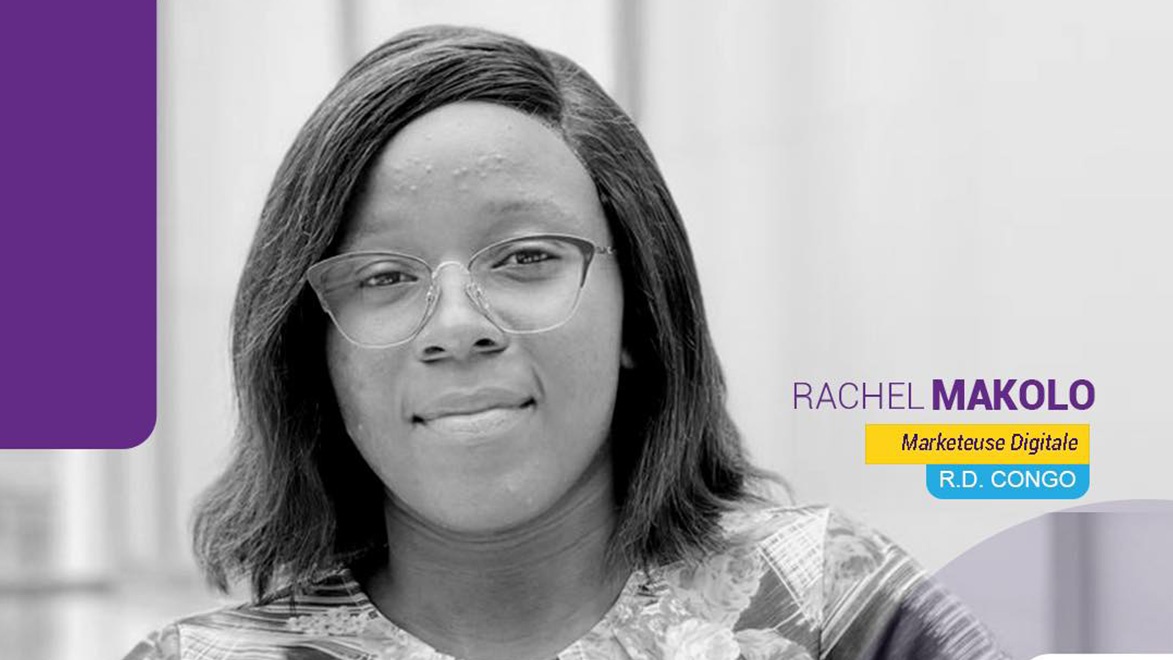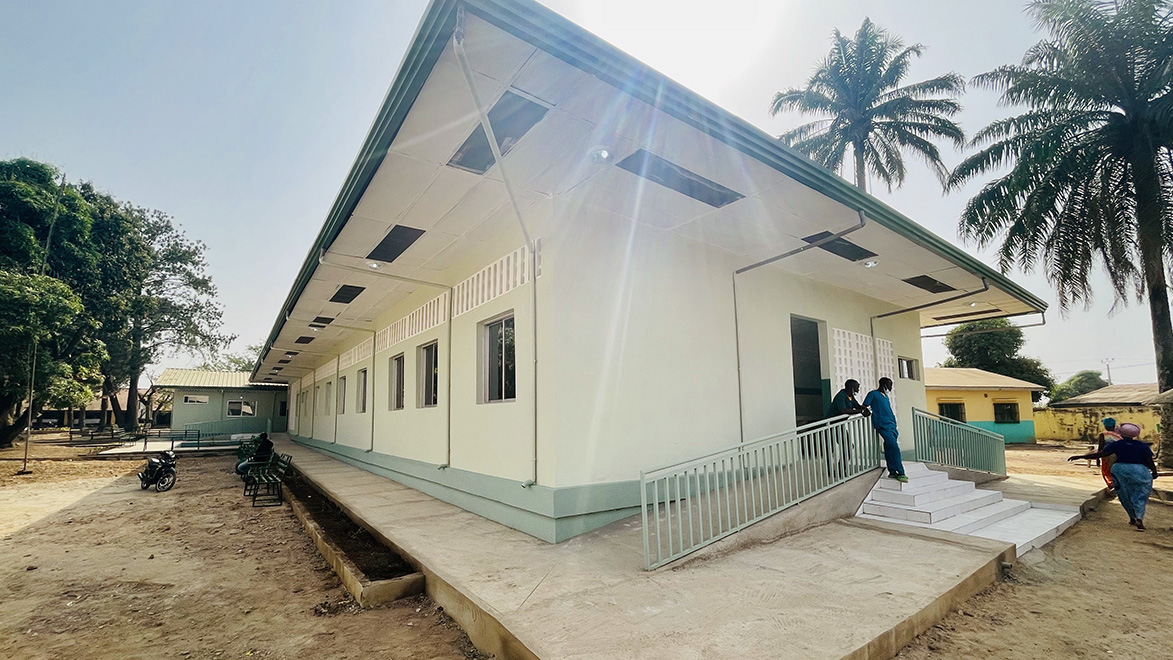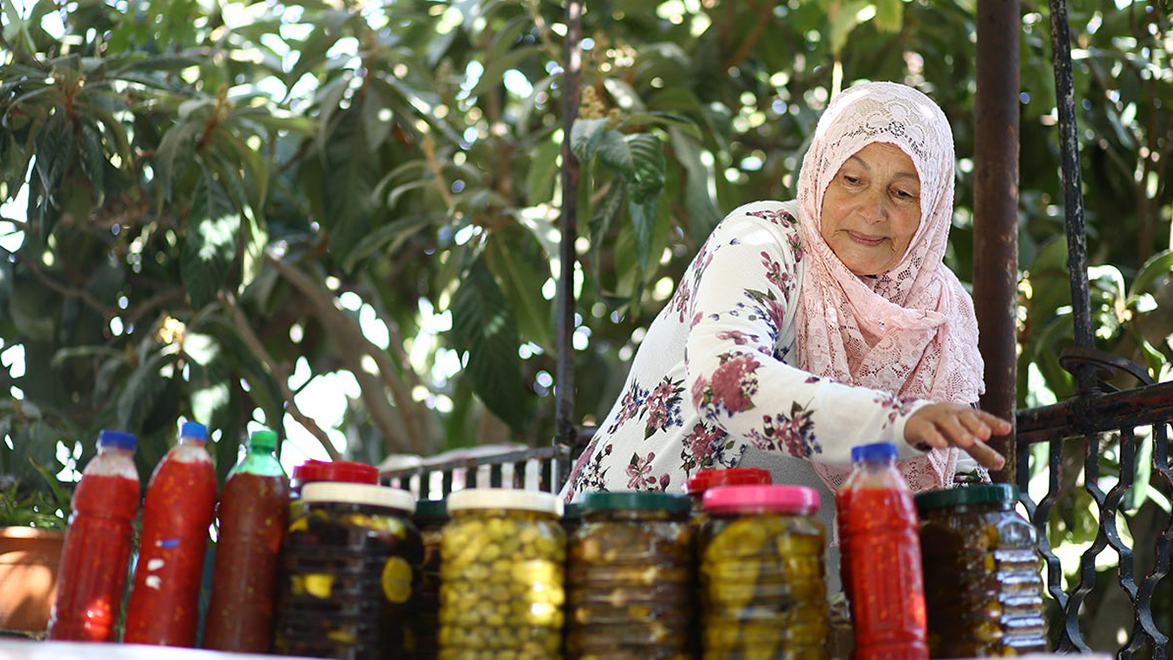SDG 4
Providing Sudanese Youths with Quality Education
INTERVIEW Expertise France makes access to education a priority. Since 2018, the agency has been implementing the EU program EQUIP to improve access to basic education for Sudanese youths.
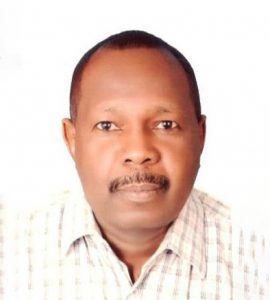
With HABIB ADAM HABIB,
Director of the National Center for Curriculum and Education Research
What issues is the education sector facing in Sudan?
In today’s knowledge society, the issues we’re facing are more challenging than they used to be. What do we teach? How do we teach it? At the heart of these questions lies the teaching of thought processes. Traditional educational mindsets and methods are not in step with this age of information and knowledge. Therefore, they cannot meet its demands.
It’s also essential to decentralize education planning and involve the field levels in teamwork and decision-making to guarantee its quality. Meanwhile, we must step up the monitoring and steering of public programs and policies to build our capacity to produce statistical data and monitor indicators. This will allow us to better tailor our actions and precisely measure the effects of our policies.
Our last issue is the scarcity of resources, i.e., our capacity to use resources and guarantee high-quality educational performance at both individual and societal levels.
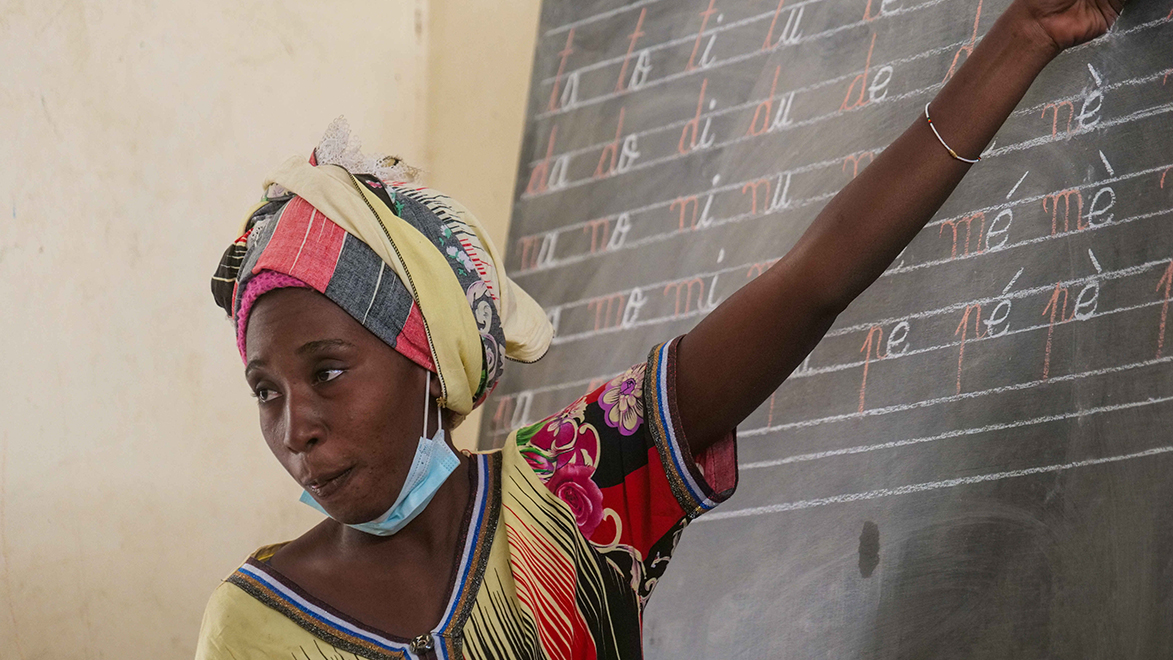
In Sudan, the EQUIP program has contributed to the improvement of teacher training.
The first phase of the EQUIP program ended in 2021. What is your assessment so far?
This first phase had an obvious impact on teachers. Participants learned new methods encouraging collaboration and opinion sharing. Expertise France also contributed to broadening their vision of the teaching program’s implementation — the program relies on skill acquisition through practical activities. Educators were also trained in program design and implementation.
It’s the philosophy and objectives of the teaching and learning processes that need to be redesigned.
In your opinion, what steps are needed to provide Sudanese youths with quality education?
Measures should be implemented on multiple levels. An important step would be to give teaching facilities — schools in particular — the independence and flexibility they need to fulfill their role of social educator and foster independent minds. Learning environments should also be improved through new infrastructures to limit the number of students per class, better school equipment, and more pedagogical resources.
More broadly, it’s the philosophy and the objectives of teaching and learning processes that need to be redesigned. They should be student-centered and focus on science and technology skills. The school system must be ready to respond to the new economic reality, produce knowledge, and provide students with relevant skills and know-how.
Finally, it’s very important to link education to poverty-eradication strategies, the fight against unemployment, job creation, and the creation of a balanced social and spatial structure.
Interview conducted in April 2022
Achieving SDG 4
Education and vocational training are at the heart of development and contribute to reaching all Sustainable Development Goals. To respond to the Quality Education SDG, Expertise France takes action to develop inclusive, equitable, and country-specific education systems. The agency also facilitates life-long learning.
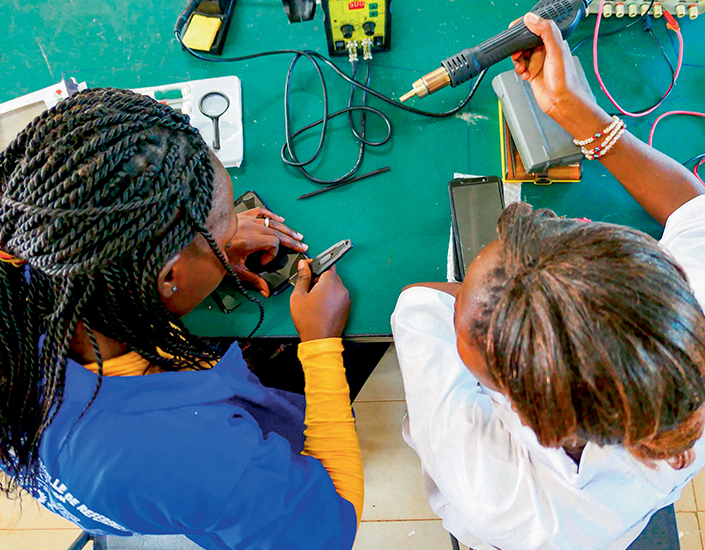
Further reading








